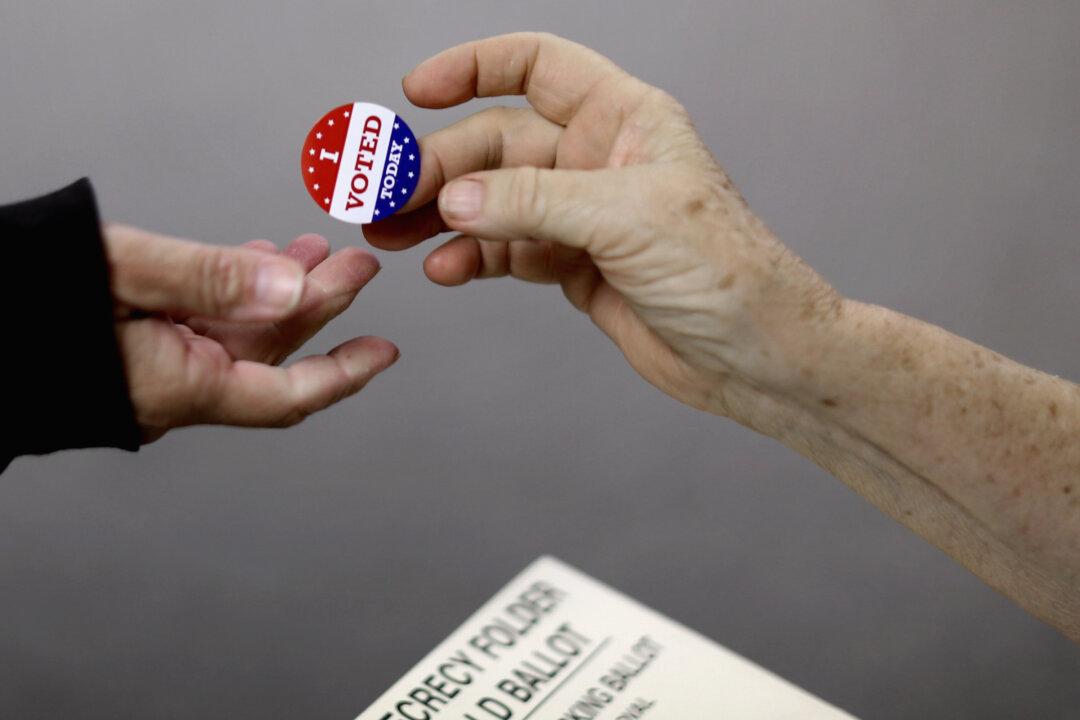In the lead-up to the 2018 U.S. midterm elections, the Chinese communist regime has been intensively gathering information about the political process, a Taiwanese news agency reports.
Feeling the pressure of the Sino-U.S. trade war, the Chinese Communist Party (CCP) has never paid so much attention to an American midterm election as now, a source close to a Chinese diplomatic think tank told Taiwan’s Central News Agency (CNA) on Nov. 4.




